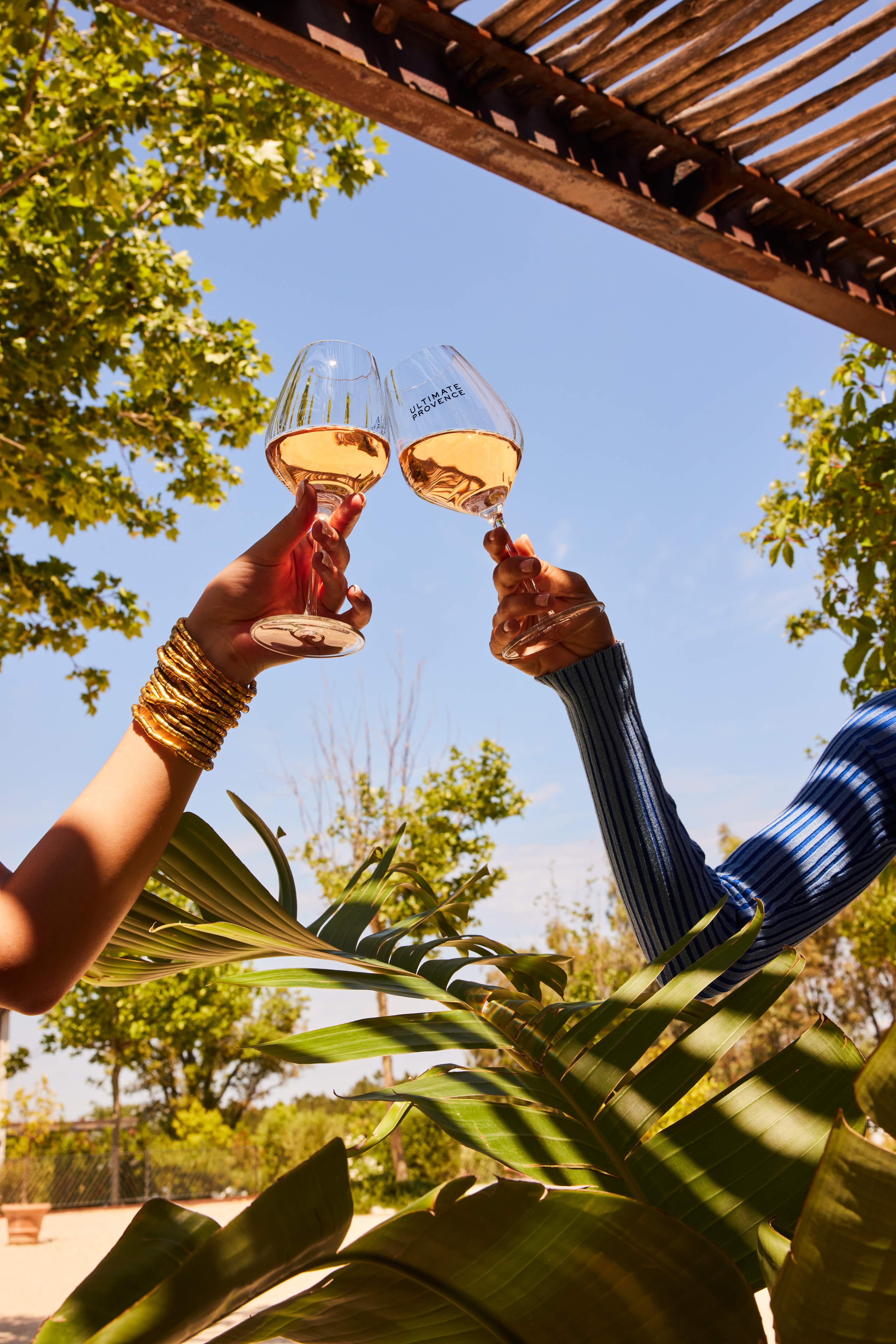A rosé wine, like red wine or white wine, is not shown blind. Several criteria must be taken into account to select the bottle that will best accompany your meal, or your aperitif. Here are some tips for choosing a ribs of Provence rosé.
What is the coast of Provence Rosé?
First of all, it is necessary to know what a ribs of Pink Provence is, its place of production, and its particularities.
The Côtes de Provence Rosé is a wine from the Provence-Corse vineyard. It is therefore produced in the south-east of France, in a region with the Provencal Mediterranean climate. The particularity of the terroir makes it possible to obtain several grape varieties, which will enter the composition of the rosé wine Côtes de Provence. The main ones are Grenache, Cinsault, Mourvèdre and Syrah.
The Côtes de Provence Rosé is a dry wine, which has the French label AOC (appellation of controlled origin), but also the European AOP label (protected designation of origin).
On the tasting side, the ribs of Pink Provence can enjoy a fruity, floral, vegetable, or even balsamic nose, depending on the grape varieties and assemblies. Always fresh and balanced, Côtes de Provence rosé wines can just be intense as it is discreet.
Where does the success of the Côtes de Provence Rosé come from?
In recent years, Rosé has experienced real success, in France, but also internationally. And there are many reasons.
First of all, contrary to popular belief, the rosé vinified with attention and care offers exceptional taste quality. In addition, the possibilities of assembly with different grape varieties are such that the palette of pink wines is wide. This diversity opens the doors to many consumers by meeting different needs or desires.
And then, who would not be tempted by the immediate pleasure that a good glass of fresh rosé wine offers us, by a hot summer day? Symbol of relaxation and French-fashioned manners, it accompanies all Mediterranean dishes, such as the most refined dishes.
How to choose a rosé ribs?
Now that you know what is a ribs of Pink Provence really, let's take a look at the selection criteria to take into account.
Rosé manufacturing mode
The manufacture of a rosé wine requires know-how and strict respect for several stages. The winegrowers generally produce rosé from 3 different methods.
- Maceration: This technique consists in macerating the crushed grapes in its juice. The juice then obtained by pressing forms the rosé.
- The bleeding: the bleeding wine is obtained from the grapes which male in order to make red wine, in which we take part of the juice a few hours after the start of the maceration. The liquid obtained was not in prolonged contact with the skin, and therefore has a pink color.
- Direct pressing: this technique consists in going directly to pressing, without maceration. This one is then very slow, for the skins have time to leave a pink color with juice, which will be immediately put into fermentation.
The color of rosé wine
If the color of the rosé will not assure you the quality of the wine, it can however give you some clues on its character. This is one of the reasons why the bottle of rosé is transparent.
Faced with a light color rosé, you can often expect light aromas of cherries, currants or strawberries. A dark color will announce aromas of blackberries or red fruits. The closer a rosé, the more he macerated. And the more he macerated, the more aromas he has.
Be careful however, the color also depends on grape varieties, but also on the age of wine.
The grape variety of rosé wine
If there are no defined rules, however, we can expect a rosé wine to the aromas of red fruit will come from a grape such as the Cabernet. Conversely, a rosé wine with citrus notes will likely come from a grenache or a cinsault.
The opportunity to drink rosé wine
Finally, all the rosé wines Côtes de Provence do not drink in the same way. To refresh yourself during a hot summer day, opt for an unkind wine. Be careful not to drink it too fresh, at the risk of losing the subtlety of the aromas. A rosé wine served at 12 ° C will be perfect.
To serve during the aperitif, the rosé wine will be fruity and not very tannic, while for the meal, you will choose a more powerful rosé to accompany your meats and dishes to perfection. Finally, for dessert, turn to a rosé Côtes de Provence de Provence, which will be perfectly married with a fruity dessert.
The choice of a rosé wine must be made seriously to remove all the excellence. The Château de Berne accompanies you in your Côtes de Provence rosé selection.









